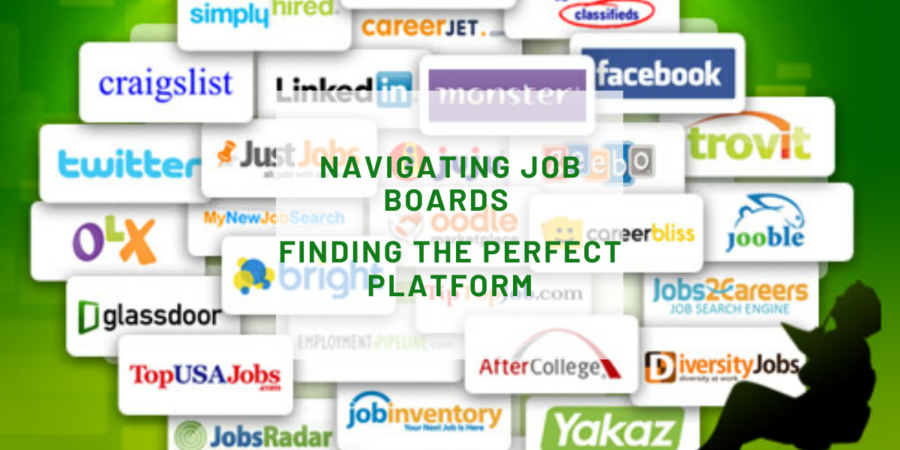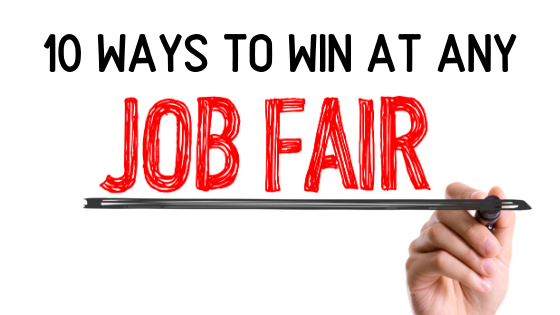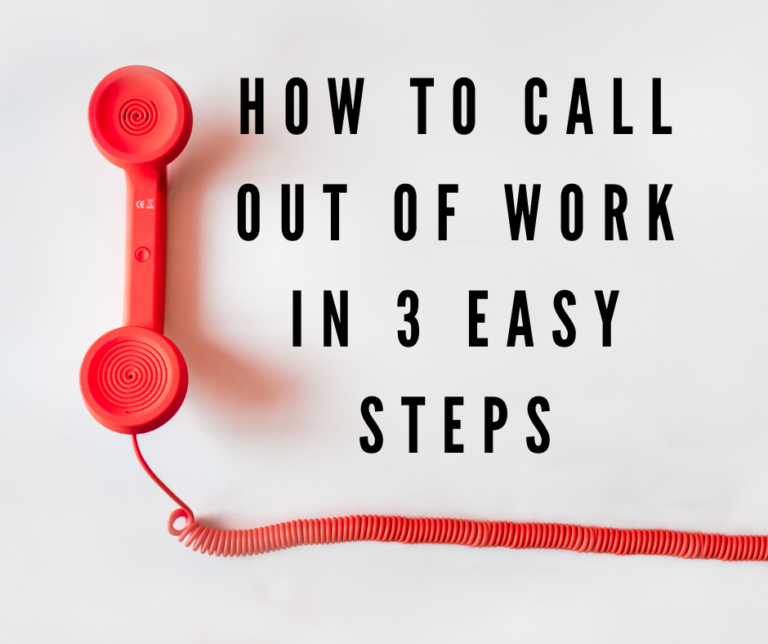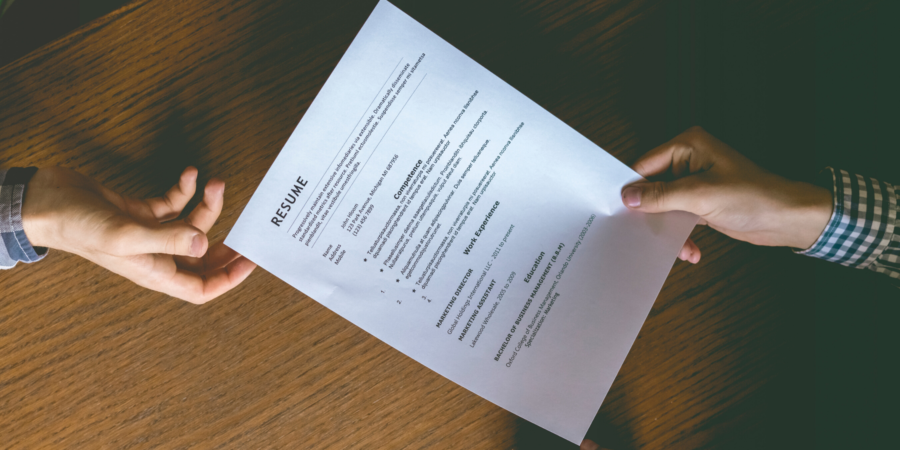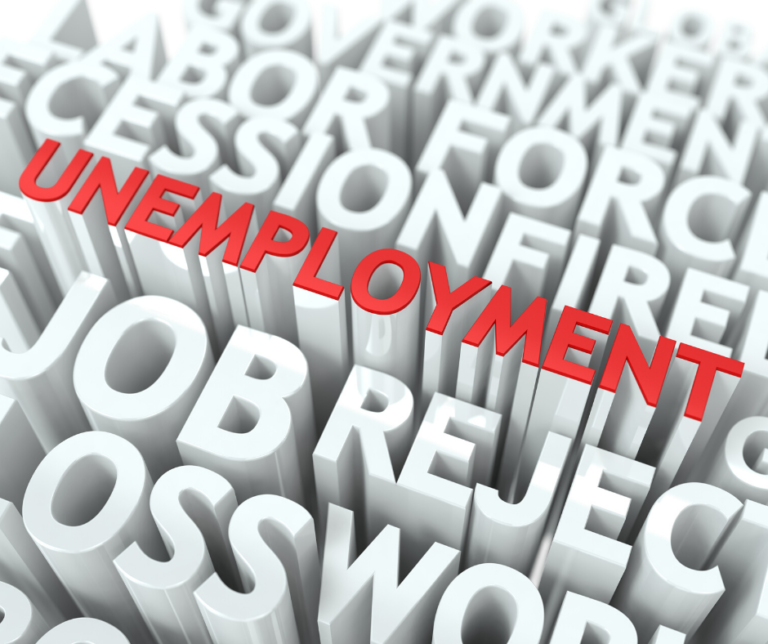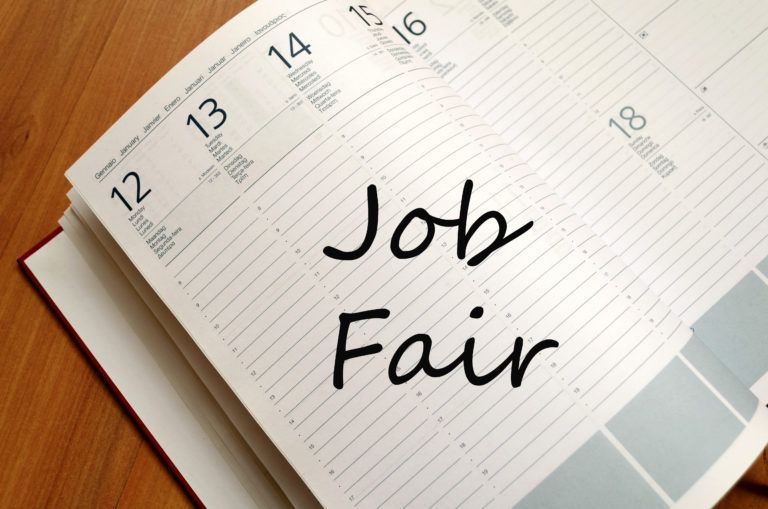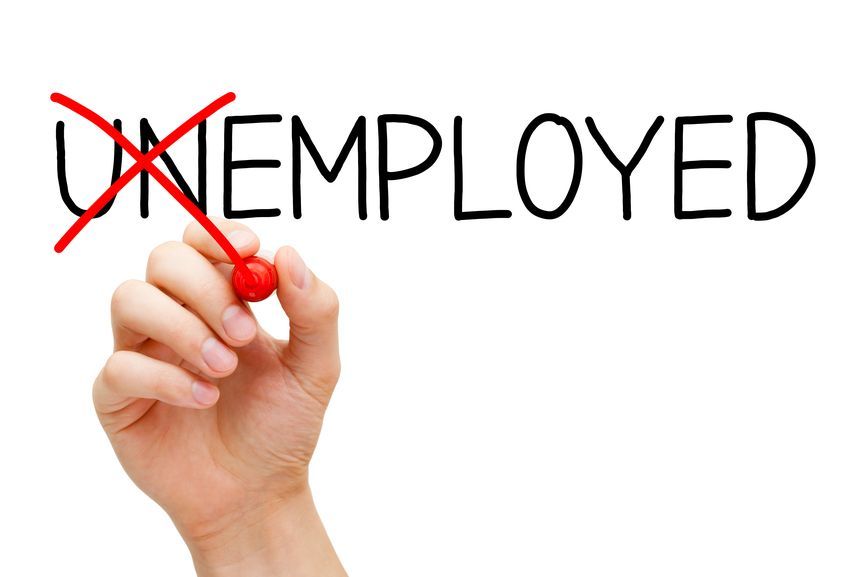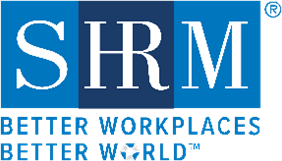Staffing Resources Hub
At Horizon Staffing, we believe in providing you with valuable information and easy access to important resources. Below, you will find essential links, documents, and tools that can assist both job seekers and employers. Whether you're exploring career opportunities, looking for staffing solutions, or seeking insightful industry resources in Savannah, GA, you'll find it all here. We're committed to supporting your journey to success. Click on the resources below to get started:
Horizon Staffing Blog: Insights, Tips, and Stories

What an unbelievable story to hear about this giant container ship that blocked the Suez Canal for nearly a week. This container vessel was carrying 18,300 containers of cargo. It is one of the largest container vessels and it ran aground on Tuesday after being lodged sideways across the waterway. I read that it cost the global economy an estimated $400 million dollars per HOUR ?!?! Being in the port city of Savannah, this hits close to home. We see these container ships all the time coming in and out of our waterways. I also own a staffing company which works with many distribution centers who rely on these container ships to bring in their products. I am not sure if the Savannah Port was affected by this blockage but I know it hurt a great deal of the economy. Not exactly something we need anytime, but especially not in the middle of a pandemic.

In a Savannah Morning News opinion piece, Casey Cagle, Georgia’s Lieutenant Governor pointed out that Georgia’s Ports “have harnessed their true potential to generate an engine of economic prosperity for our entire state.” He also noted that “Georgia’s geographic location gives us many strategic advantages…allowing Georgia to serve as the seaport gateway for 80 percent of the nation’s marketplace.”

“The Savannah metro economy returned to healthy growth in the opening quarter of 2017,” according to Armstrong’s Coastal Economic Monitor . The local economy put the effects of Matthew behind it in the first quarter of 2017, as the economy saw “gains in total employment, boardings at the airport, retail sales, port activity, and consumer confidence.” But electricity sales did suffer due to a warmer than usual weather in the winter months. The forecasting Coastal Empire leading economic index increased markedly, a signal that the “underlying indicators shook off the effect of Hurricane Matthew, which dented the economy in the previous quarter.” The regional labor market and housing market got back on track trending positively as they have the last few years. Building permits were a big winner as issuance started to grow again after a lackluster 2016. New claims for unemployment insurance also dropped to its lowest level in 17 years.

TWIC actually stands for Transportation Workers Identification Credential . Now that’s a mouthful, but the reason for the card is really pretty simple: It is a security clearance required by the Maritime Transportation Security Act for workers to access certain secure areas of the the U.S.’s maritime facilities and ships. In other words, if you work at the ports or with a company that has to access these areas, you’ll probably need the card.
Whether you're a job seeker or an employer, we're here to support you every step of the way.













